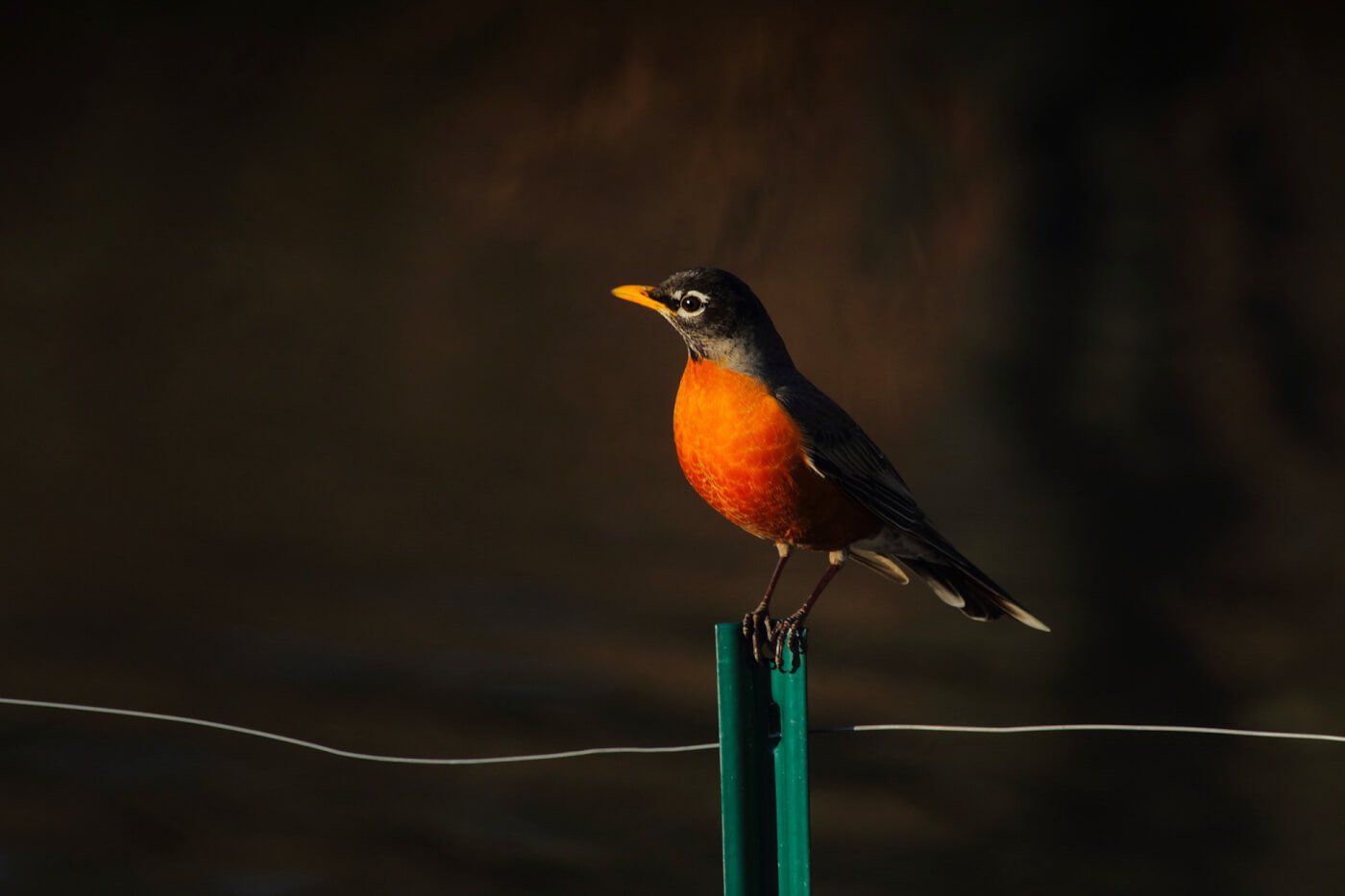Help Birds Used in Experiments
More than 100 million animals suffer and die in U.S. laboratories every year. They’re sickened in cruel chemical, drug, food, and cosmetics tests and subjected to unimaginable violence in curiosity-driven experiments. Mice and rats aren’t the only animals who are used in this way—you may be surprised to learn that many birds are also tormented and killed in painful and useless tests. Owls, crows, robins, and other kinds of birds are suffering in laboratories right now. From this page, you’ll be able to complete multiple PETA action alerts to help birds used in experiments.
Keep reading to learn more, or click the button below to get started:

Experiments on Birds Are Bad Science
Experimenters at Colorado State University are using our tax dollars to trap American crows, American robins, and house sparrows; infect them with West Nile virus; watch as they develop symptoms of the infection; subject them to multiple blood draws; and kill them. Thirteen years of these cruel West Nile virus tests have failed to develop a cure, a vaccine, or any clinical treatments for the disease—either for birds or for humans.
In experiments performed at Yale University, highly social songbirds were caught and locked inside barren cages all alone. They were restrained in cloth bags for 30 minutes at a time to induce acute stress, given painful injections, and further stressed when forced to undergo anesthesia, which involved additional restraint and injections. Wild animals, who aren’t used to being handled, are particularly sensitive to the distressing and disorienting effects of anesthesia. Eventually, the birds were killed. Not only are these experiments extremely cruel, they’re also wasteful, because important physiological differences among species make the results inapplicable to humans or even other birds.
Ready to Take Action?

Documents obtained by PETA reveal that a Johns Hopkins experimenter cuts into the skulls of barn owls, inserts electrodes into their brains, forces them to look at screens for hours a day, and bombards them with noises and lights—and he claims that doing this will tell us something about attention-deficit disorder in humans. Owls (unlike humans) have well-developed auditory and visual systems that are specialized in target selection. Bombarding them with artificial stimulation while their brain activity is measured in a distressing and completely unnatural situation does nothing to further the understanding of human attention-deficit disorder.
Birds who are trapped, abused, and killed by experimenters value their freedom, their families, and their lives. A growing body of evidence has shown that crows, for example, are remarkably intelligent and profoundly social beings. They’re able to solve complex problems, understand analogies, use tools, and recognize individual human faces—distinguishing between friends and foes. Birds used in experiments need you to be a friend.
If you want to be an all-star for animals, there are tons of ways to get more involved. Follow PETA on Facebook, Twitter, and Instagram to stay up to date on our latest campaigns. Subscribe to PETA News to get weekly updates on our efforts. And be sure to complete the PETA action alerts below—with the click of a button, they’ll allow you to speak up for birds used in experiments.

Take Action for Birds!
There are multiple opportunities to help. As soon as you take one action below, another will automatically appear in its place.
Just enter your information once, and then keep clicking the “Send Message” button until you’ve completed them all. Once you’ve finished, be sure to share this page with your friends, family members, and social media followers. Encourage them to join you in helping stop the abuse of birds in laboratories.